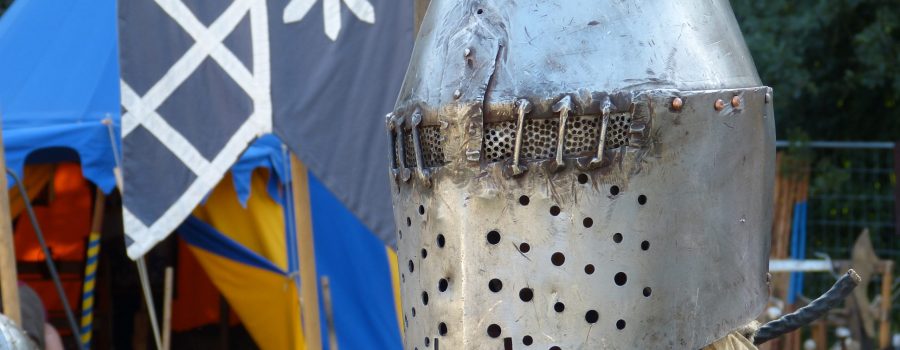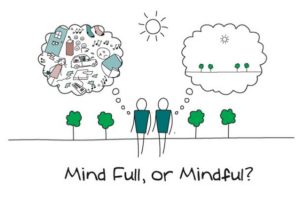The idea of “professional” raises my hackles. It suggests propriety, and exclusivity. In the early days of my learning and violence work, I met a literacy worker who found herself felled by memories she believed she had “dealt with” long ago. She worried she should leave literacy work, certain that if she had yet to resolve all of her own problems, she couldn’t be a “proper professional.”
I was troubled then seeing how the concept of professional could separate “us” the educators, from “them” the students. They need help, not me. I am the helper, the one with it all together. I suspect many of us enter helping professions as a way to avoid our own problems. I know I did. I once applied for funding for a project called “What body, whose body”; my proposal suggested that health care workers as much as patients might be disconnected from their bodies, impacted by experiences of violence. However, the project was turned down; I was told to focus only on the “significant” experience, the patients’, as if professionals were exempt from “real” experiences of violence.
As a Board member of a small non-profit I was told I should be more professional, and understand the power of the role I was to play. As a professional it seemed I could not also be an activist or a collaborator. A daycare worker told me that at some centres formal professional clothing is required, the policy ignoring the practical needs of working with small messy children, as part of the attempt to achieve recognition and legitimacy for that field.
I realize that “professional” can be a valuable protective mask for both sides through setting rules of conduct and delineating what is acceptable in each profession. It can set requirements, and punishments for those who do damage. It also lays claim to the importance of and actual skill involved in the work; in adult education too, it can be a valuable part of the process of demands for better pay, benefits, and recognition.
But professionals it seems must not bring their whole self, must hide their needs behind a mask of expertise, of being the knower. Though there can be value, a clarity about what to do and how to behave, there can be loss too. That mask can obscure the possibility of connection. It can divide. As I notice the numerous ways that white supremacy and colonialism are deeply embedded in the ordinary practices of organizations and in personal interactions, the insistence on professionalism worries me more.
My deep dislike of the concept is tied to the ways it often offers protection for only one side in the relationship: the teacher, the doctor, the lawyer, the therapist, can hide, while those they work with cannot. As professionals, we hold the power of specialized language, of familiarity with that distinctive site where our work takes place. Perhaps we have spent many years there, have come to feel an ease, a secure sense of belonging.
When we meet the student, the patient, the client, the visitor in that world, will we recognize the challenge for them to feel any ease in that space? Will we feel the vulnerability of the receiver of our work? Will we notice the way that class, race, gender presentation, disability, and more, can combine with other traumatic experiences and legacies of being discounted or devalued in precisely these settings?
We will use our expert knowledge to help, it’s true, hopefully never intentionally to harm. But the recipient of all that expert knowledge must bare themselves: their lack of skill or knowledge, of health, of safety. They have no mask, maybe even literally no clothing, I remember viscerally still, years later, the feeling of wearing a flimsy gown, leaving my self behind along with my clothing when I was admitted to hospital. All inadequacies are exposed to the gaze of the “professional” helper as they (or we) try to figure out how to survive in this specialized space.
So, I wonder now how we as professionals can use our knowledge and skill to meet the knowledge and skill of the recipient of our help. Can we hold space for a meeting of inner and outer knowledge, for the knowledge gained from within that body, and that experience, and for the knowledge and skill gained from professional training and practice? If we could, a deeper, more honest connection might be possible. Can we learn (or strengthen our capacity) to take on the professional role with care not to use it for self-protection while the other must bare all, and bear all?
I want to think about how we open safer, or braver, spaces, where we can share both our knowledge and our lack of it, where hopes and fears can be present without shame.
Perhaps when we think about masks we can see why the recipient of the perhaps much-needed help seeks to cover up too. In classrooms one might hide behind the “good student” role. They might avoid asking questions that reveal lack of knowledge. In these times of online teaching, they might avoid being seen on the screen. This impulse to hide may also be why the patient doesn’t admit to their failure to exercise, quit some “bad” habit, or “comply” with health directives.
In this current Covid time, we must put on face masks to limit the spread of the virus. But many of our other masks have been ripped away. When we went to a work setting we could leave our personal messes behind. It’s harder to “show up” as a professional when a toddler tugs at your arm, a dog patters into the middle of the room while you teach, or the space is shared with a cacophony of everyone’s competing needs.
In this new virtual space educators may share discomfort with students, shifting the power imbalance a little. Maybe this new space offers potential for us all to notice what once was “normal” with all the inadequacies and imperfections of the old normal and then to play with new possibilities.
Perhaps this moment can help make visible the difference between the professional “mask” and thoughtful offerings of expertise gained from listening and watching, as well as from professional training, and we can use our fully present selves to hold space? For we need the sort of space that allows for loving connection and the vulnerability of learning, healing, or demanding justice, to be borne without loss of dignity.
Do you wear a professional mask? Are you curious about how our many masks impact learning, healing and the search for justice? Are you finding ways to connect deeply, even in these strange times? What ways have you found to shift power imbalances that might serve well as we move forward into new versions of normal?
Revised March 2021



Leave a Reply
We want to hear from you